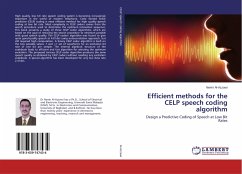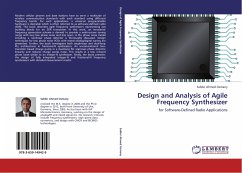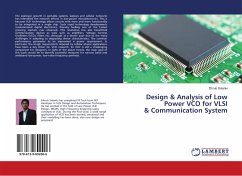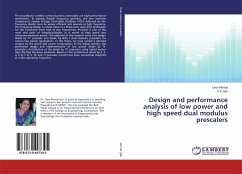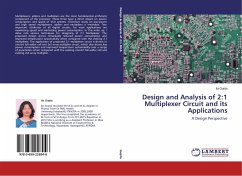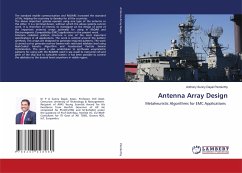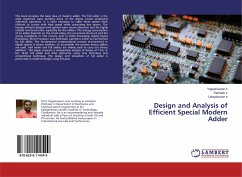Speech coding is one of the fundamental concepts for the accommodation of number of users in a communication channel. Many algorithms are used for speech coding. A variant of Codebook-Excited Linear Prediction (CELP) speech coding is widely used in wireless telephone communication (most of CDMA networks uses this type of vocoder), and has been accepted as the international standard for transmission of speech over telephone networks. This project explains what CELP speech coding is, why it is necessary for wireless communication, and describes unique design of a CELP speech coder. The CELP coder has been highly prosperous in practice and has spawned a series of standardized coders based on the same fundamental principles. This project implements the voice coder of a fixed-codebook which consists of 256 white-noise samples and takes seven seconds to encode one second of human speech. The speech coder produces an intelligible representation of the speech signal, which is very close to the original voice. The speech encoder and decoder are simulated and the output of CELP encoder is transmitted to the CELP decoder lying in different PC.
Bitte wählen Sie Ihr Anliegen aus.
Rechnungen
Retourenschein anfordern
Bestellstatus
Storno


